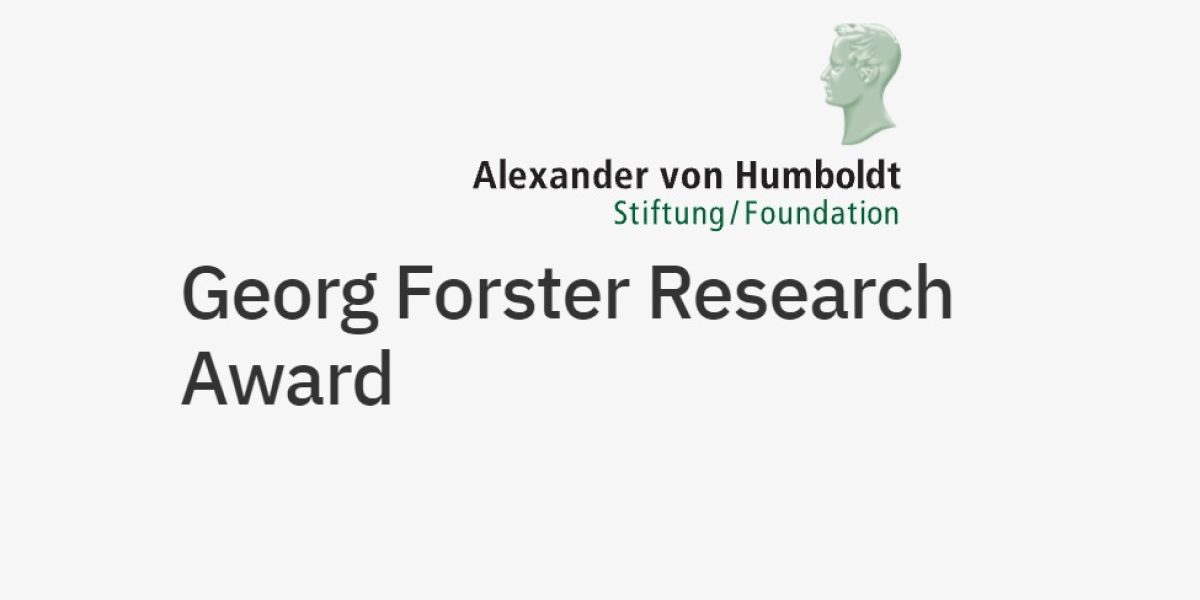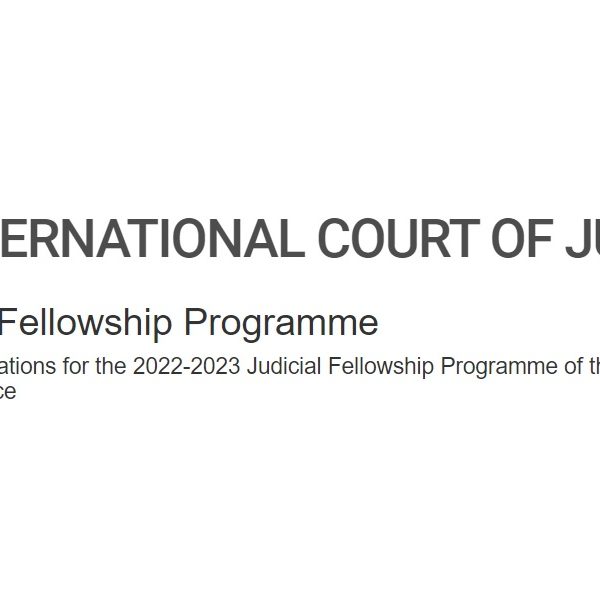
Deadline: 31 October 2021
Open to: internationally recognised researchers
Benefits: €60,000 award money (research stay of up to 12 months in Germany possible)
DESCRIPTION
The Alexander von Humboldt Foundation presents up to six Georg Forster Research Awards each year to internationally outstanding researchers from developing and transition countries in recognition of their academic record to date. The research award was named for renowned German ethnologist Georg Forster (1754–1794) and is funded by the Federal Ministry for Economic Cooperation and Development.
ELIGIBILITY
Nominations for a Georg Forster Research Award may be initiated by established researchers at research institutions in Germany. Humboldt Foundation award winners working abroad are also eligible to submit nominations jointly with a researcher working in Germany.
Your personal statement is essential for the nomination process and serves as an important basis for selection. Please state your motivation for the nomination as coherently as possible, outlining in detail the academic significance of the nominee’s achievements to date, as well their significance in achieving sustainable development objectives. You should also specify any future outstanding research expected from the nominee, including that relating to work on the development of research-based solutions to the specific challenges that developing and transition countries face. In addition, please clarify your expectations for any potential collaboration with the nominee. You are not required, however, to provide a detailed presentation of any potential joint project.
BENEFITS
The award amount is €60,000. Award winners are also invited to conduct a research project of their choice at a research institution in Germany in cooperation with specialist colleagues there. The award enables a total stay of between six months and a full year, which can be split into multiple stays. If required, we will provide further funding of up to €25,000 to finance academic collaboration – in particular to cover the costs of attending academic conferences, of material resources such as specialist literature or scientific equipment at the home institution, or of including junior researchers.
The award is intended to support the long-term promotion of outstanding scientific multipliers in transition and developing countries whose research will contribute to improving living conditions in their countries of origin.
HOW TO APPLY
For more information please visit the official website.


